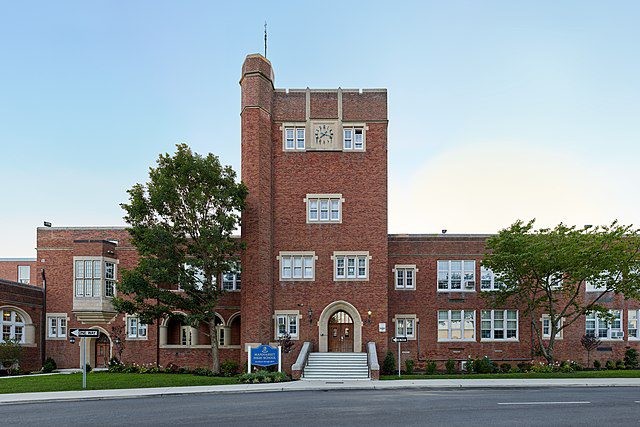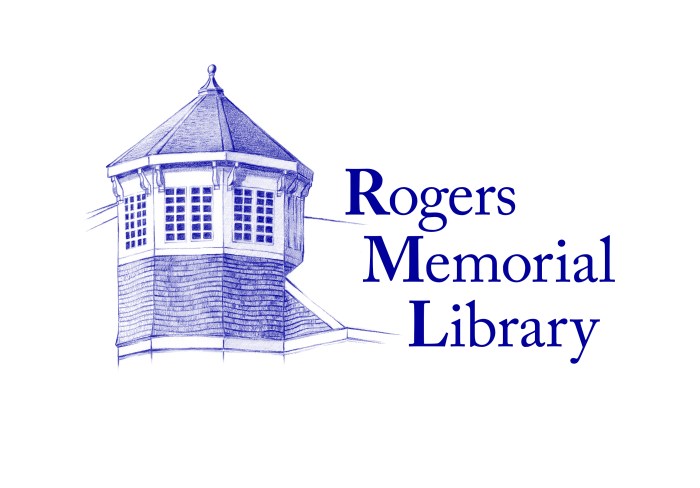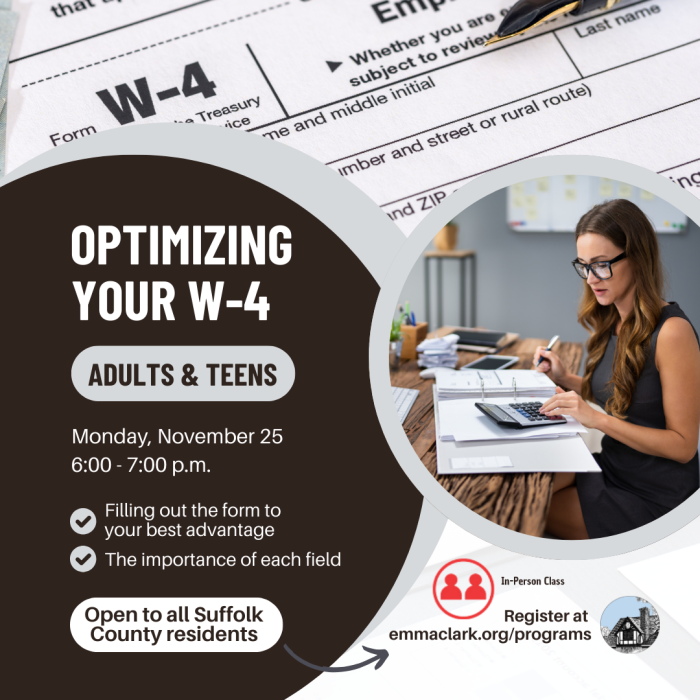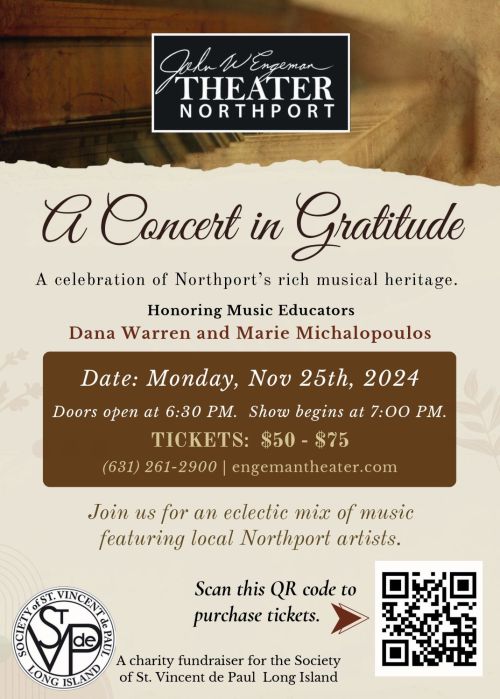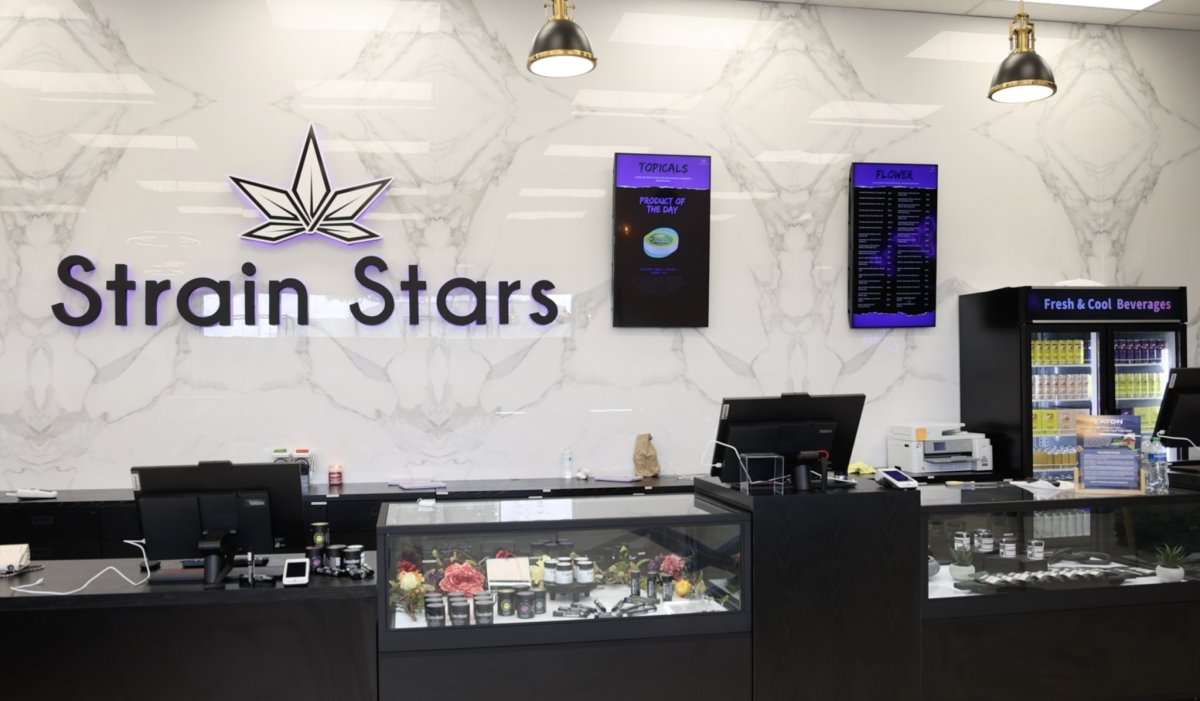German-American school migrates to village to expand youth outreach

German is spoken by roughly 95 million people around the world. So it’s no wonder that the Manhattan-based German-American School has found success spreading the gospel of Teutonic language and culture to outposts in Garden City and Franklin Square. The goal for the nonprofit, once-a-week after-school program is to have children of all backgrounds learn German. It’s a laudable enough goal that the current student body consists of 93 students attending classes at the Garden City location at the Waldorf School on Tuesdays, 102 who do the same on Fridays over in Franklin Square at St. Catherine of Siena Roman Catholic Church and the 60 pupils who do the same on Mondays on Manhattan’s Upper East Side. The school has come quite a long way from when it was founded at the turn of the 19th century.
“Initially, when it started, it was truly a school for the children of German immigrants. They learned to read and write, not only German but English,” explained Curriculum Director Dr. Ursula Beiter. “We changed that in the 1980s. That’s one goal the school has. The other one is to keep a little bit of the German culture and traditions alive in the metropolitan area and involving other ethnicities in learning German and to offer a language that high schools hardly offer. And to get the kids to take AP German, which gets them college credits. We have morphed into a different school than when they started out in 1897.”

Part of the changing of times for the German-American School was the recent shuttering of its Ridgewood, Queens satellite, a location that had been operating for a half century. When it was established in the late 1960s, classes were held every day, directly due to a robust student body. But recent demographic changes that found Polish, Indian and Hispanic immigrants filling the void left by German families moving out to Long Island and New Jersey saw the school numbers dwindle down to an enrollment of seven total students by fall 2017. The decision was made to close the school and integrate the remaining attendees to the Garden City and Franklin Square sites.
“In the 1960s, we bought our own building in Ridgewood, Queens because there was a German group called the Gottscheers. They were extremely family-oriented and they had a lot of kids, so we had about 600 students,” Beiter recalled. “But since the 1960s right up through now, the demographics of the neighborhood have changed. So that’s one thing, but also the Germans that lived there, their children and grandchildren eventually moved away from the neighborhood. Currently, there are other immigrants in the neighborhood pursuing the American Dream. Their priorities at this point are to learn English. Our method is to teach German language and culture. So we cannot open up language classes for other people, although I would like to do that, but the charter won’t permit that. So instead of closing the program completely and telling the kids that they’ve wasted their time, we’ve taken a step forward and combined Ridgewood with Garden City and Franklin Square.”

The age range for the school has children as young as 4 attending play groups right up through 16 years old. Having been incorporated in 1911 by the Regents of the University of the State of New York, this is the only bilingual after-school program accredited by the New York State Board of Regents. The language program of the German-American School is designed to lead the students toward successful completion of the New York State Three-Year Comprehensive Regents Exam in German. Students take the exam at the conclusion of the program after eight years. Once the Regents Exam is passed, the student can be awarded three language credits from their respective high school and graduate with the New York FLAC exam (Regents Equivalency Exam), which is the equivalent of three years of high school German. Other classes offered are level A2 and B1 exams and Advanced Placement German. Having worked at the German-American School for 30 years, one of the things Beitel is most proud of is how the program has evolved and become more tailored to a diverse and multicultural clientele, while managing to have neither a religious nor political affiliation.
“I have to stress that the school is not just German for Germans—it’s German for everybody,” she said. “So we have Chinese children, a few families from Egypt and even one family from Syria. We have a very interesting multi-national group.”
Visit www.German-American-School.org or call 212-787-7543 for more information about the school.
What did you think of this article? Share your thoughts with me by email at: dgilderubio@antonmediagroup.com



